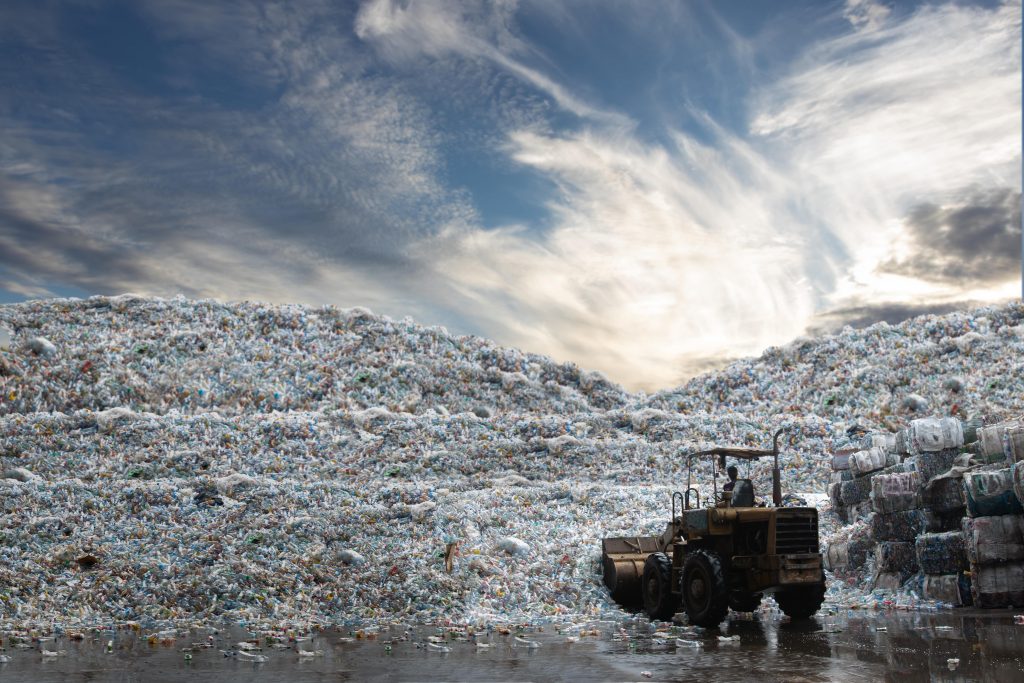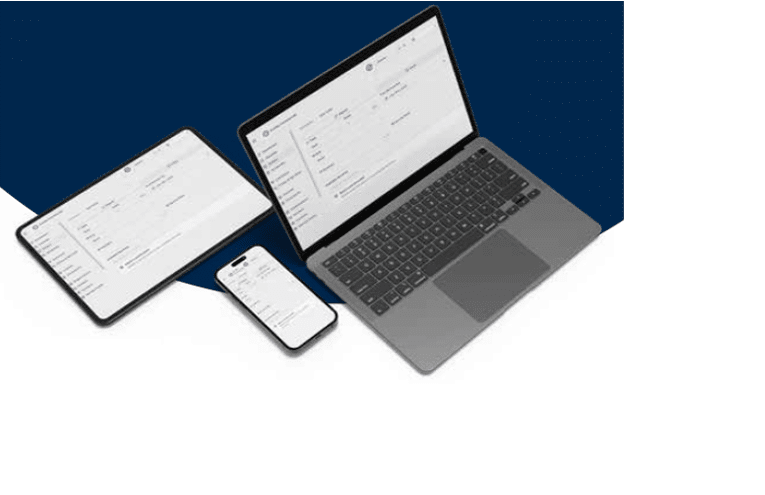Waste & material traceability solution for sustainable facilities

As we advance through 2025 and approach 2026, municipal solid waste (MSW) generation continues to surge globally. According to the latest Global Waste Management Outlook, municipal solid waste generation has reached 2.3 billion tonnes in 2025 and is projected to grow to 3.8 billion tonnes by 2050.
Traditional waste management approaches are no longer sufficient. Artificial intelligence, IoT integration, and smart technologies have evolved from experimental concepts to essential infrastructure for municipal authorities seeking efficient, sustainable strategies.

The numbers reveal the urgency of our waste crisis:
• 2.3 billion tonnes of municipal solid waste generated globally in 2025 (UNEP Global Waste Management Outlook)
• Only 22% of MSW is recycled globally (Global Recycling Rates Report)
• 30% of global waste remains unmanaged in environmentally safe ways (Picvisa Waste Statistics 2025)
• Urban areas projected to generate 2.5 billion tons annually by 2026 (World Bank Urban Waste Projections)
These statistics underscore why municipalities need intelligent, data-driven solutions that adapt in real-time while reducing environmental impact.
Today’s municipal solid waste encompasses increasingly diverse materials:
• Food waste and organic materials
• Complex packaging and multi-layer containers
• Advanced plastics and bio-polymers
• Electronic waste (fastest-growing stream)
• Fast fashion textiles
• Medical waste (post-pandemic increase)
Modern municipalities require adaptive, intelligent systems that evolve with changing waste patterns.
Artificial intelligence and smart technologies are revolutionizing municipal waste operations:
• Predictive scheduling using machine learning
• Real-time route optimization with traffic integration
• Dynamic capacity management across networks
• Seasonal forecasting with 95%+ accuracy
• Computer vision classification with 98%+ accuracy
• Real-time contamination detection
• Predictive maintenance for equipment
• Carbon footprint optimization

Evreka’s integrated ecosystem addresses modern municipal solid waste challenges through intelligent modules:
• AI-driven operational insights and predictive analytics
• Unified dashboard for fleet, assets, and citizen interactions
• Real-time performance monitoring
• Carbon tracking and ESG reporting
• Machine learning route planning
• Predictive vehicle maintenance
• Electric vehicle integration
• Fuel efficiency optimization
• AI-powered fill-level prediction
• Comprehensive asset lifecycle management
• Predictive maintenance alerts
• Smart bin deployment optimization
• AI-enhanced material flow tracking
• Automated quality control
• Regulatory compliance automation
• Circular economy metrics
Municipalities implementing intelligent waste management solutions achieve:
Operational Excellence:
• 25-40% reduction in collection costs
• 20-35% decrease in fuel consumption
• 45-60% improvement in route efficiency
Environmental Impact:
• Significant carbon emission reductions
• 15-25% increase in recycling rates
• Enhanced circular economy participation
Service Quality:
• 70% faster response to citizen requests
• 95%+ collection schedule reliability
• Improved public satisfaction
As we approach 2026, the integration of AI, IoT sensors, and cloud analytics provides the foundation for:
• Circular economy transformation
• Net-zero waste goals
• Climate action leadership
• Smart city integration
• Autonomous operations

The challenges facing municipal solid waste management in 2025 require next-generation solutions. Evreka’s intelligent platform provides the tools and insights municipalities need for efficient, sustainable operations.
Ready to modernize your waste management? Request a demo today and discover how Evreka’s smart solutions can position your municipality as a sustainability leader.